PAT PILCHER explains how Google’s Stadia game platform works and wonders why Kiwis aren’t getting it.
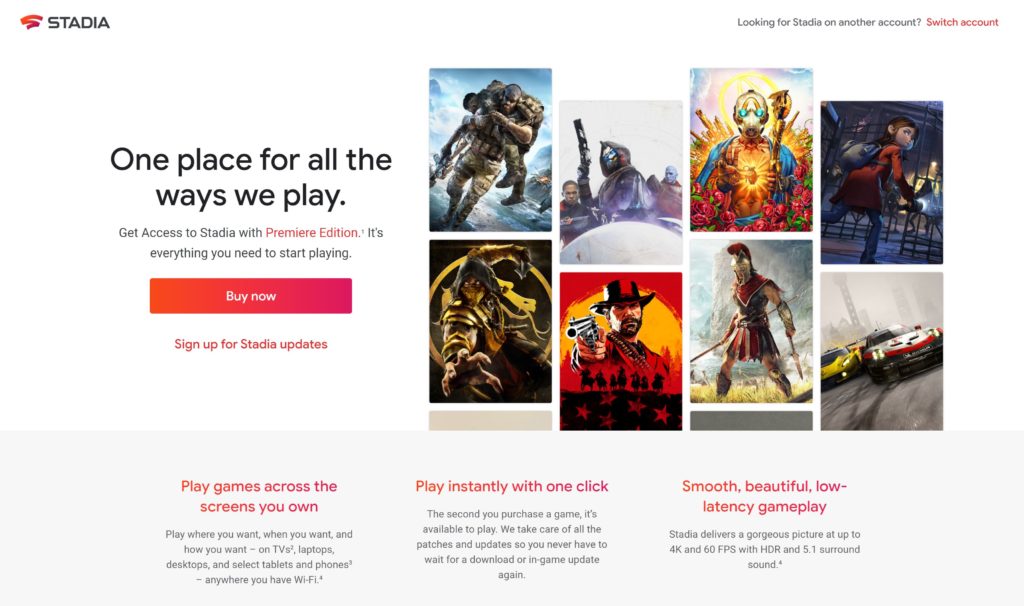
In June, pre-orders started for the US$130 “Founder’s Edition” Google Stadia cloud gaming service. It quickly sold out. The Founder’s Edition (now called Premiere Edition) allowed early buyers to reserve a unique username and be the first kids on the block to use the new gaming service. Reports are surfacing that US and UK Premiere Edition buyers can’t get usernames they’ve requested, and many haven’t yet received the invite email to get started.
Start-up glitches to Stadia are one thing, but the news is not brilliant for New Zealanders. It appears Google is again leaving Kiwis out in the cold. Stadia is only available in the UK, US, Belgium, Canada, Denmark, Finland, France, Germany, Italy, Ireland, Netherlands, Norway, Spain and Sweden.
This might be great news for Microsoft, Sony and Nintendo. Their consoles will continue to dominate in the NZ market. The big question on the mind of many local gamers is this: “Why the f*** is there no love for New Zealand, Google?”
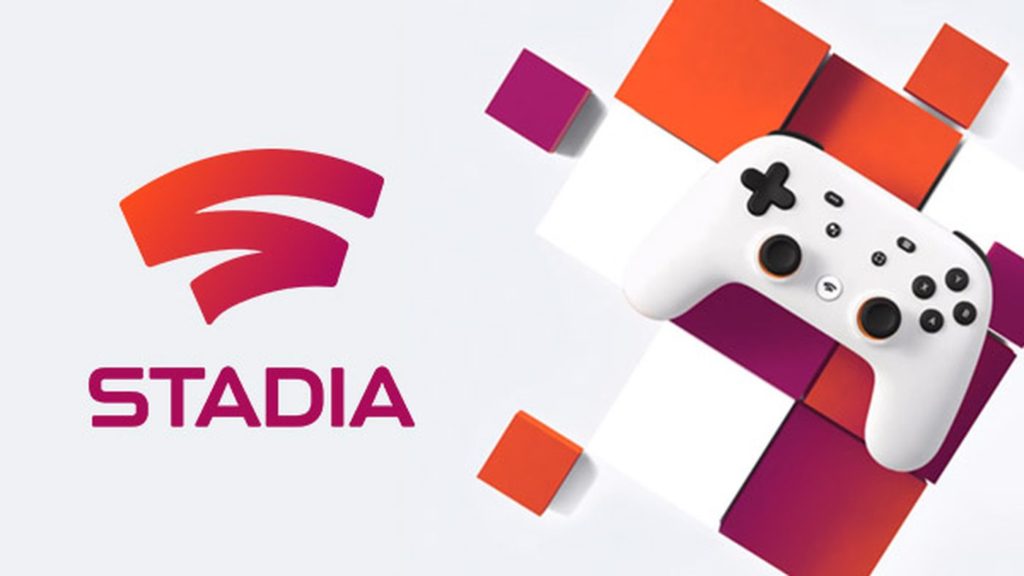
New Zealand should, in theory, be an ideal market for Stadia’s game streaming tech. Chorus recently announced that a staggering 60 percent of our homes are fibre connected. While Aussies are making do with expensive and slow broadband, Kiwis can get blazing data speeds with very low latency and unlimited data allowances. All of which should make for a cracking Stadia experience.
Stadia games can be played at anything up to 4K resolutions at 60fps with HDR support (if your broadband connection can handle the load), and runs on almost anything. Google is hoping this could allow them to gain a foothold in the lucrative gaming market beyond Android phones and tablets.
Stadia works by its games running on a remote server located elsewhere. Video of gameplay is transmitted over an internet connection. Your Stadia controller transmits information back to the remote server, which updates the video it sends accordingly.
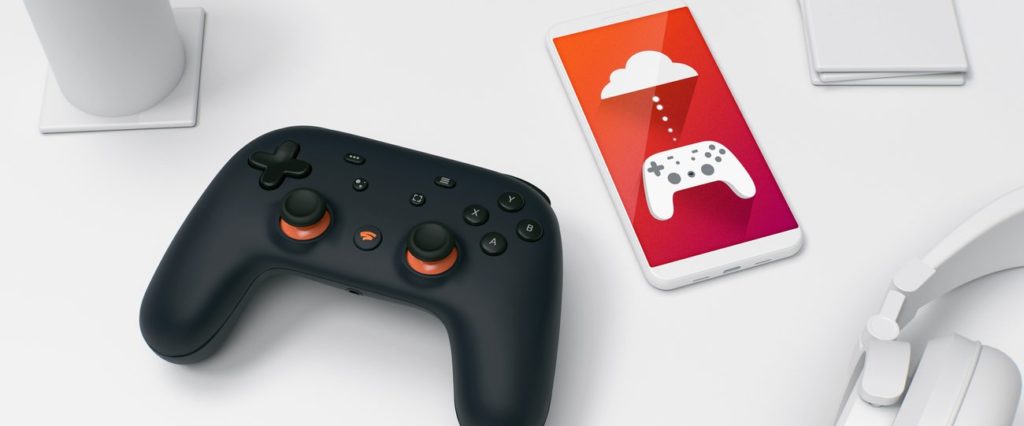
The big gotcha with Stadia is latency – the time for data to travel from your Stadia game controller back to the remote data centre where it is translated into gameplay. Google is placing servers in a huge number of locations globally, so the distance between the player and server is minimised. Stadia works via a dedicated controller that connects to the internet directly using your home’s Wi-Fi connection. Google claims that this will help reduce latency.
Stadia seems like so many other promising tech ideas in that it is both ambitious and tantalising. Still, ping times (latency) on your broadband connection as well as its ability to handle large volumes of data will be critical for those with sluggish broadband connections.
Stadia Pro membership will cost Brits £8.99 a month and Yanks $9.99 a month. Based on these prices Witchdoctor expects Stadia could cost Kiwis anything up to NZ$20 a month. Pro membership will deliver 4K HDR video, but users don’t get a library of games. Instead, Stadia Pro members get access to what Google has been quoted as saying will be “roughly one free game per month”.

For early adopters, Google is pushing a Stadia Premiere Edition bundle (which replaces the sold-out Founder’s Edition). Premiere Edition is priced at £119 for Brits (or a whopping NZ$240 for us Kiwis). It includes a Stadia controller, a Chromecast Ultra as well as three-months of Stadia Pro.
In 2020, Google has said they’ll launch Stadia Base membership, which lets users buy games individually but with no free games bundled. Games will only run at a maximum resolution of 1080p. The Base edition is intended as a pay-as-you-go offering and won’t have any ongoing monthly fees.
Regardless of which option users choose, purchased games are linked to their Stadia account and playable on a range of platforms.
Where Microsoft and Sony launched their own consoles, Google is betting big that the lack of a console could make Stadia a hit.

With PCs, Stadia will work via the Chrome browser. Because of this, Stadia will also be available on PCs and Macs without additional hardware needed. Being browser-based, it should be available for smart TVs, Android phones and tablets and Apple gear. At present it’ll only work with TVs using a Chromecast Ultra.
So all that’s needed is a quick internet connection, a screen and Stadia controller. The big appeal with Stadia is that gamers should, in theory, be able to log on and play from anywhere with a fast, low latency internet connection.
So far, Stadia reviews have been mixed. Given the generally deplorable state of broadband in many Stadia markets, this isn’t a huge surprise. Another critical point is that Stadia may have launched, but it’s a beta platform. It should steadily improve over time.
With Chorus announcing they’ll soon wholesale 10Gbps fibre, New Zealand isn’t so much leapfrogging the broadband offerings of other Stadia launch markets but leaving them. Google has said that it will expand Stadia to other regions in 2020. Will New Zealand get it then? Here’s hoping, as our unique broadband infrastructure makes New Zealand an ideal market for the service. So come on Google – why no love for Kiwi gamers?




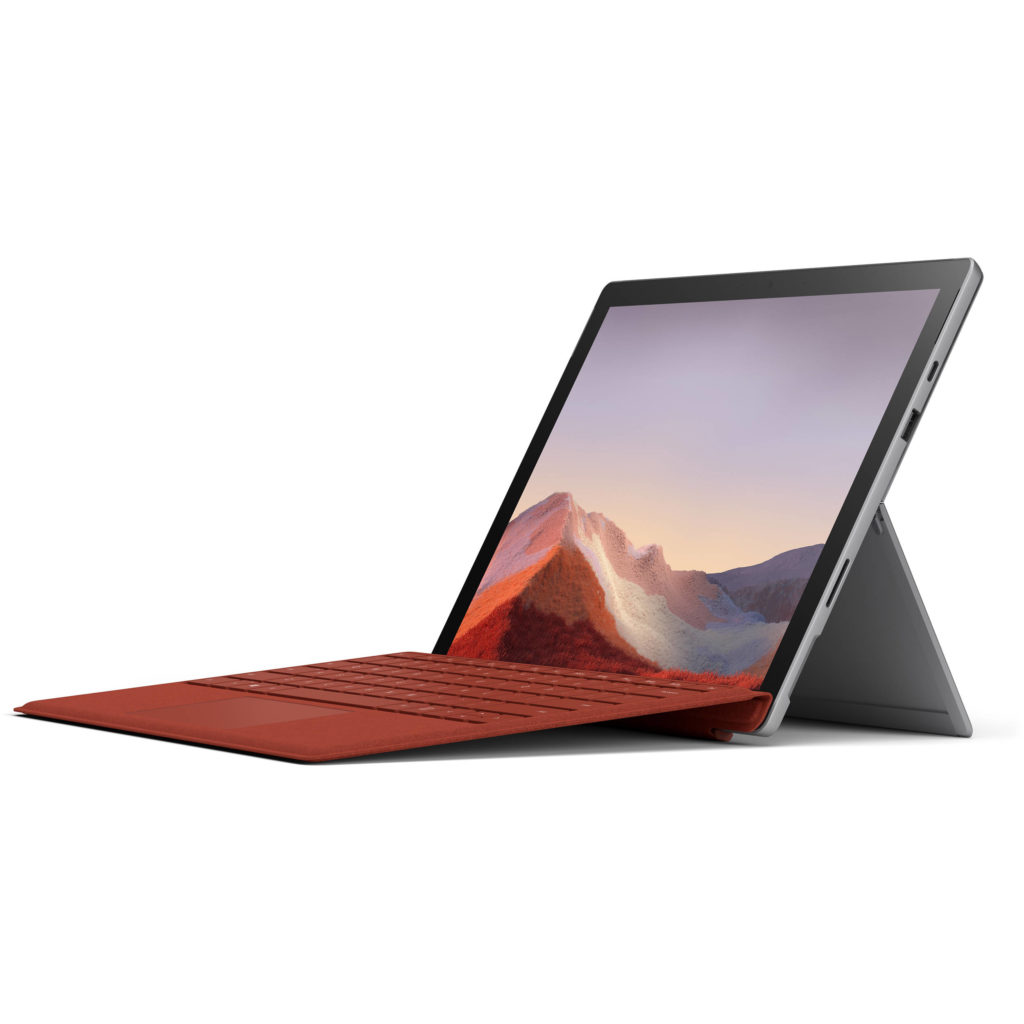
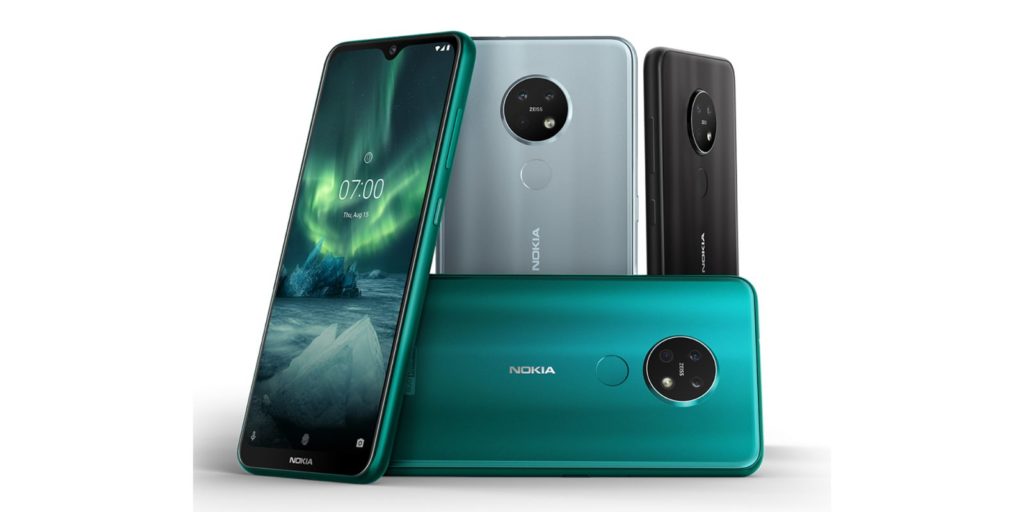
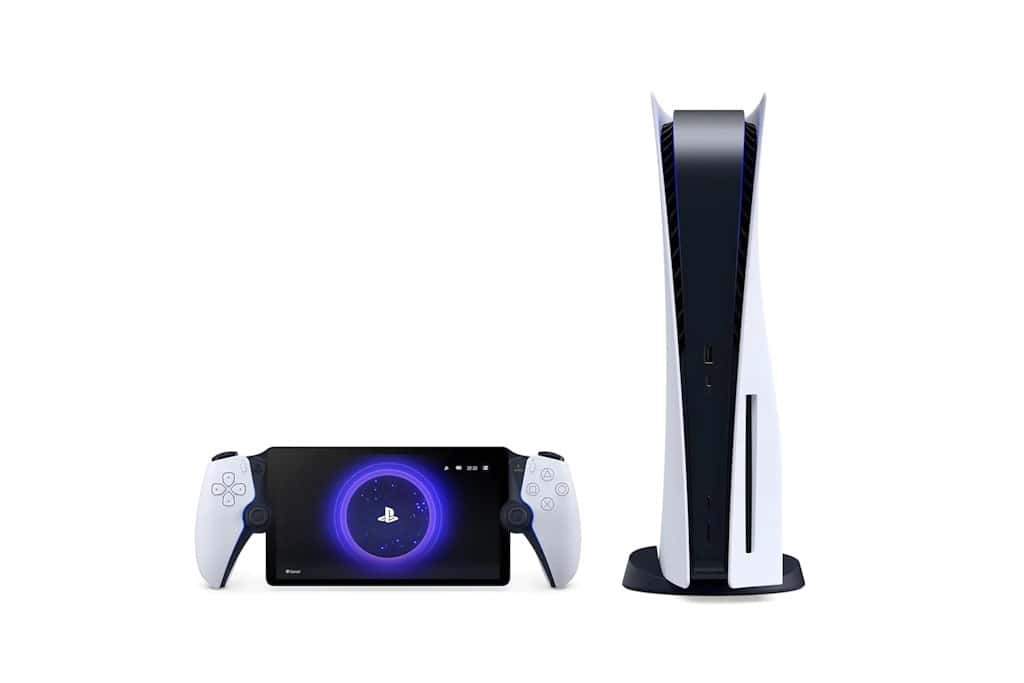
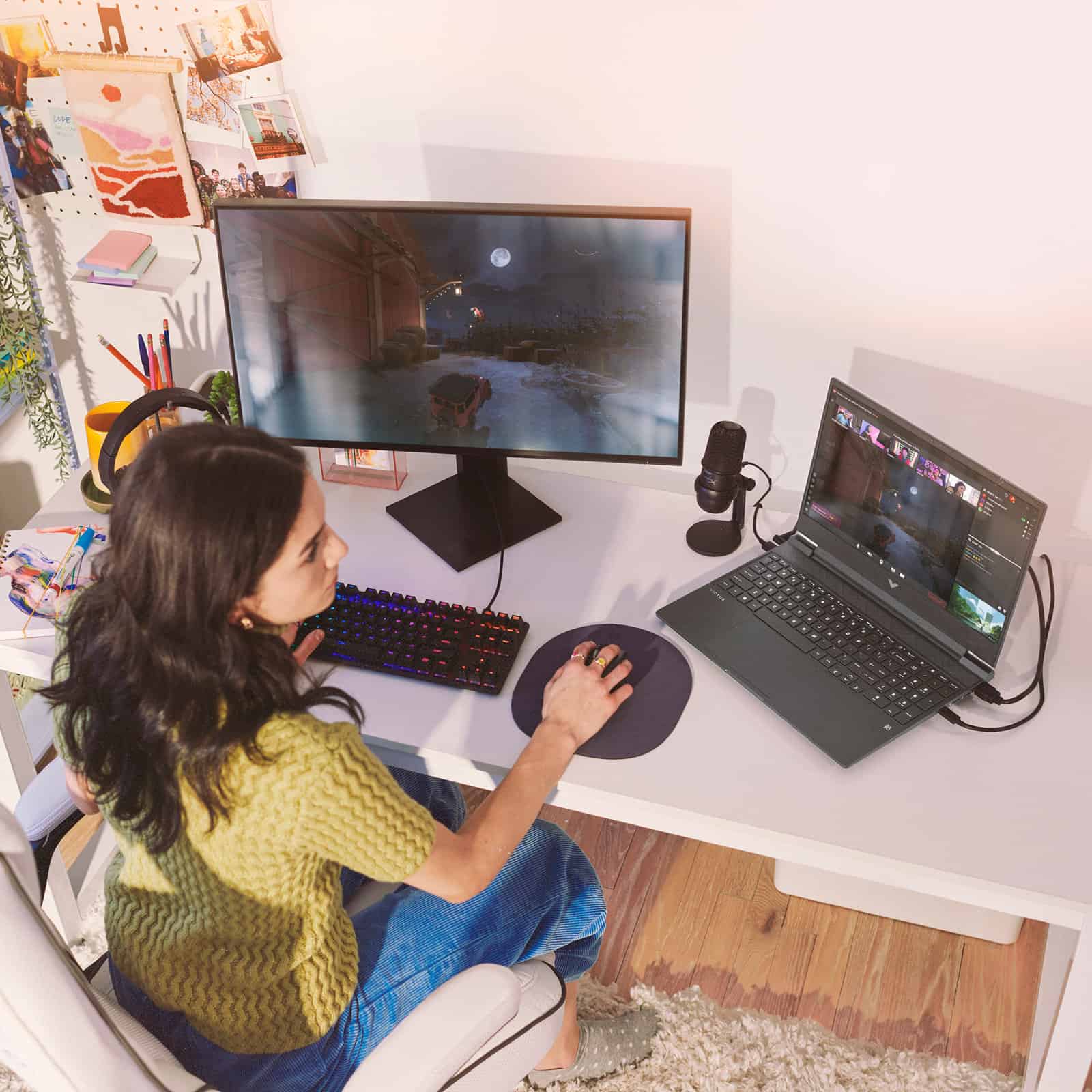

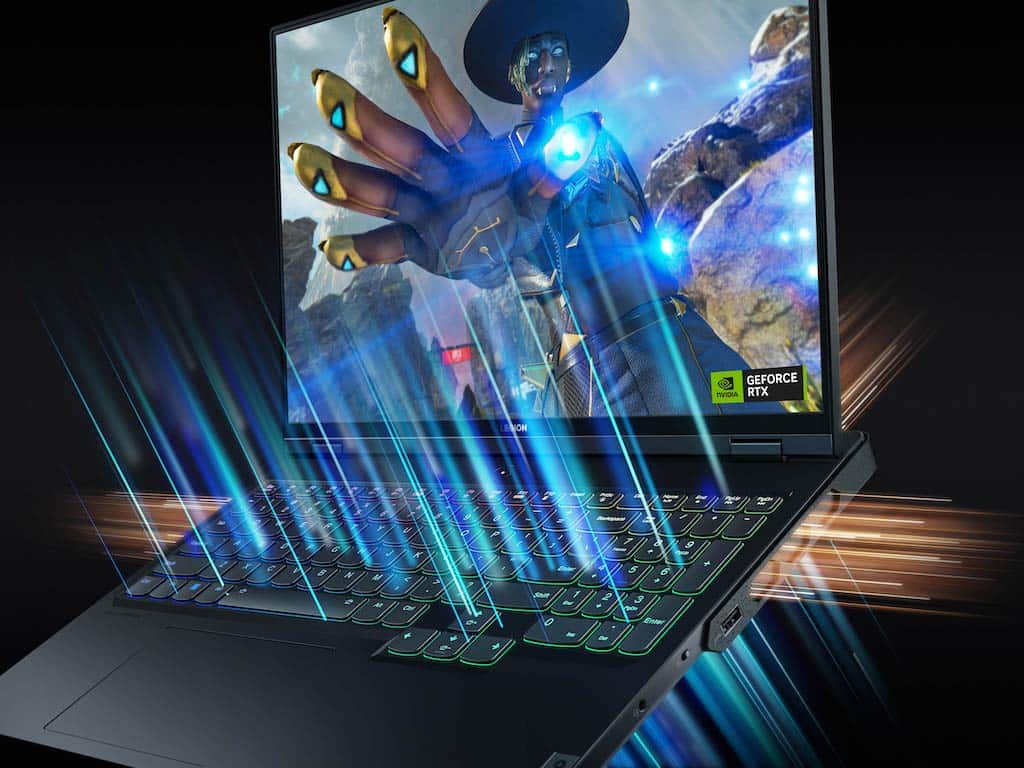
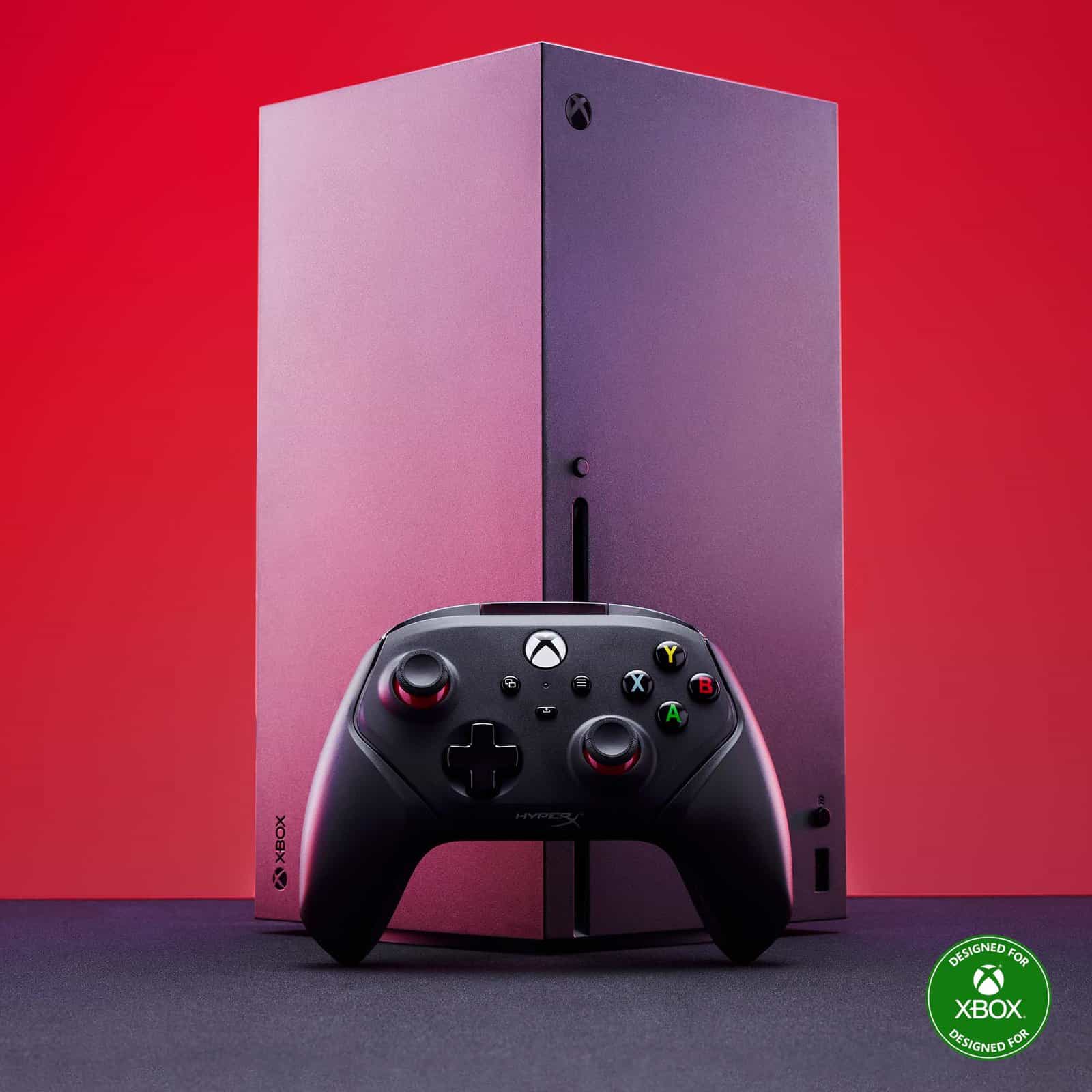

Well 3/4 of 2020 came and went and I can’t see myself trying Stadia…